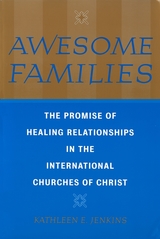
Denounced by some as a dangerous cult and lauded by others as a miraculous faith community, the International Churches of Christ was a conservative evangelical Christian movement that grew rapidly in the 1980s and 1990s.
Among its followers, promises to heal family relationships were central to the group's appeal. Members credit the church for helping them develop so-called "awesome families"-successful marriages and satisfying relationships with children, family of origin, and new church "brothers and sisters." The church engaged an elaborate array of services, including round-the-clock counseling, childcare, and Christian dating networks-all of which were said to lead to fulfilling relationships and exciting sex lives. Before the unified movement's demise in 2003-2004, the lure of blissful family-life led more than 100,000 individuals worldwide to be baptized into the church.
In Awesome Families, Kathleen Jenkins draws on four years of ethnographic research to explain how and why so many individuals-primarily from middle- to upper-middle-class backgrounds-were attracted to this religious group that was founded on principles of enforced community, explicit authoritative relationships, and therapeutic ideals. Weaving classical and contemporary social theory, she argues that members were commonly attracted to the structure and practice of family relationships advocated by the church, especially in the context of contemporary society where gender roles and family responsibilities are often ambiguous.
Tracing the rise and fall of this fast-growing religious movement, this timely study adds to our understanding of modern society and offers insight to the difficulties that revivalist movements have in sustaining growth.
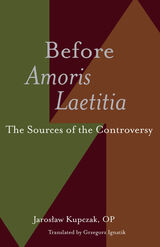

A breakthrough in the theology of parenthood, integrating Catholic social thought and social scientific studies of child well-being in order to offer a more diverse and inclusive interpretation
The Catholic Church has a long and diverse history of tolerating various child-rearing arrangements. The dominant Catholic framework for conceptualizing parenthood, however, is highly influenced by concerns over sexual ethics and gender norms. While sexual and reproductive ethics are important, the present consensus that theological consideration of parenthood necessarily hinges on these matters diverts attention from actual parenting practices in their social and cultural contexts. In reality, kinship and caregiving are often negotiated in complex ways.
In Beyond Biology, Jacob M. Kohlhaas uses a historical and interdisciplinary theological method that engages both analytically and appreciatively with tradition to sketch a broader Catholic anthropology of parenthood. Kohlhaas’s identification of interpretive options within the Catholic tradition creates room for meaningful, intellectually convincing, and theologically rich responses to challenges facing Catholic parents and families today.
By marshaling the diversity of the Christian tradition and exploring contemporary research in the social sciences and humanities, Kohlhaas frames a theological conversation on parenthood as parenthood—considering the needs and well-being of children as well as the potentials and capabilities of adult caregivers. In his discussion, Kohlhaas considers adoption and nonbiological parenthood, fathers as primary caregivers and nurturers, caregiving by siblings and grandparents, and communal parenting and coparenting beyond the spousal pair. In Kohlhaas’s view, conceptions of parenthood should be guided by the meaning of Christian kinship rooted in baptism as well as concern for the actual caregiving capacities of adults and the needs of children.
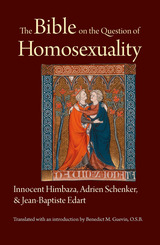
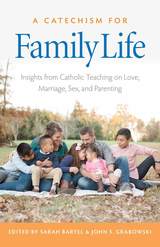
To address this need, we gathered pertinent questions facing men, women, and pastoral workers in marriage and family life. We then found passages relevant to these questions by researching Church documents on marriage and family from the past one hundred years. These include papal encyclicals, apostolic exhortations, and addresses, Vatican II documents, and the Catechism of the Catholic Church.
Mainstream media coverage of Church events and Church teaching leads many to misunderstand Catholic positions on marriage and family life. While the Catholic Church has developed a rich, detailed, and positive teaching on marriage, family, and sexuality, many Catholics do not have access to this teaching, buried as it is in lengthy Church documents which many find intimidating. Finding the relevant teaching to address specific questions is not always a simple task, either. This book’s main contribution is to present Church teaching relevant to marriage and family in one volume clearly organized by topic and question.
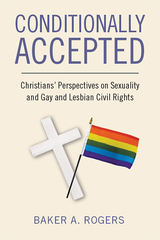
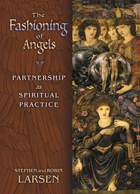
Stephen and Robin Larsen, authors of A Fire in the Mind, the authorized biography of their friend Joseph Campbell, explore man-woman relationships, questing for the answer to the timeless question, "What do couples really want?"
The Larsens look to ancient wisdom -- the realm of mythology -- to solve the relationship riddle. Storytelling artists, they underline the powerful messages in the myths, folktales, and fairytales described in the book, stories that help heal wounds of gender wars. Experiential exercises the Larsens have developed deepen couples' spiritual bonds.
Readers "eavesdrop" on issues in the Larsens' own marriage; their dialogs about their own relating process bring passion and intimacy to the book.
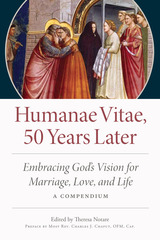
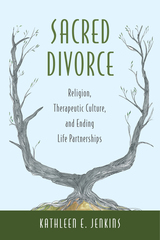
For more than five years, Jenkins observed religious support groups and workshops for the divorced and interviewed religious practitioners in the midst of divorces, along with clergy members who advised them. Her findings appear here in the form of eloquent and revealing stories about individuals managing emotions in ways that make divorce a meaningful, even sacred process. Clergy from mainline Protestant denominations to Baptist churches, Jewish congregations, Unitarian fellowships, and Catholic parishes talk about the concealed nature of divorce in their congregations. Sacred Divorce describes their cautious attempts to overcome such barriers, and to assemble meaningful symbols and practices for members by becoming compassionate listeners, delivering careful sermons, refitting existing practices like Catholic annulments and Jewish divorce documents (gets), and constructing new rituals.
With attention to religious, ethnic, and class variations, covering age groups from early thirties to mid-sixties and separations of only a few months to up to twenty years, Sacred Divorce offers remarkable insight into individual and cultural responses to divorce and the social emotions and spiritual strategies that the clergy and the faithful employ to find meaning in the breach. At once a sociological document, an ethnographic analysis, and testament of personal experience, Sacred Divorce provides guidance, strategies and answers to readers looking for answers and those looking to heal.
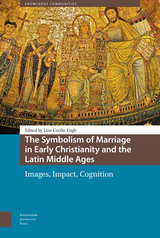
READERS
Browse our collection.
PUBLISHERS
See BiblioVault's publisher services.
STUDENT SERVICES
Files for college accessibility offices.
UChicago Accessibility Resources
home | accessibility | search | about | contact us
BiblioVault ® 2001 - 2024
The University of Chicago Press









